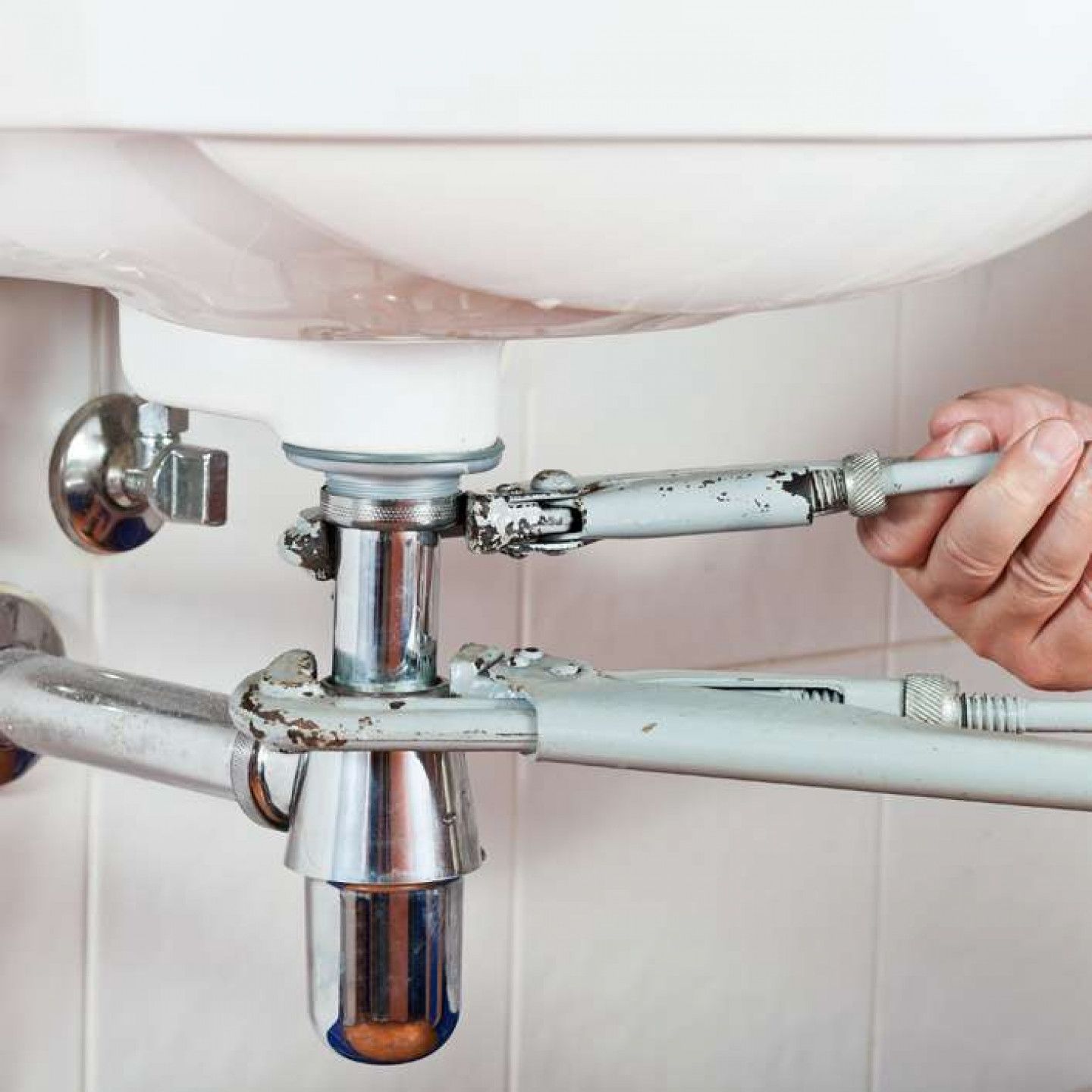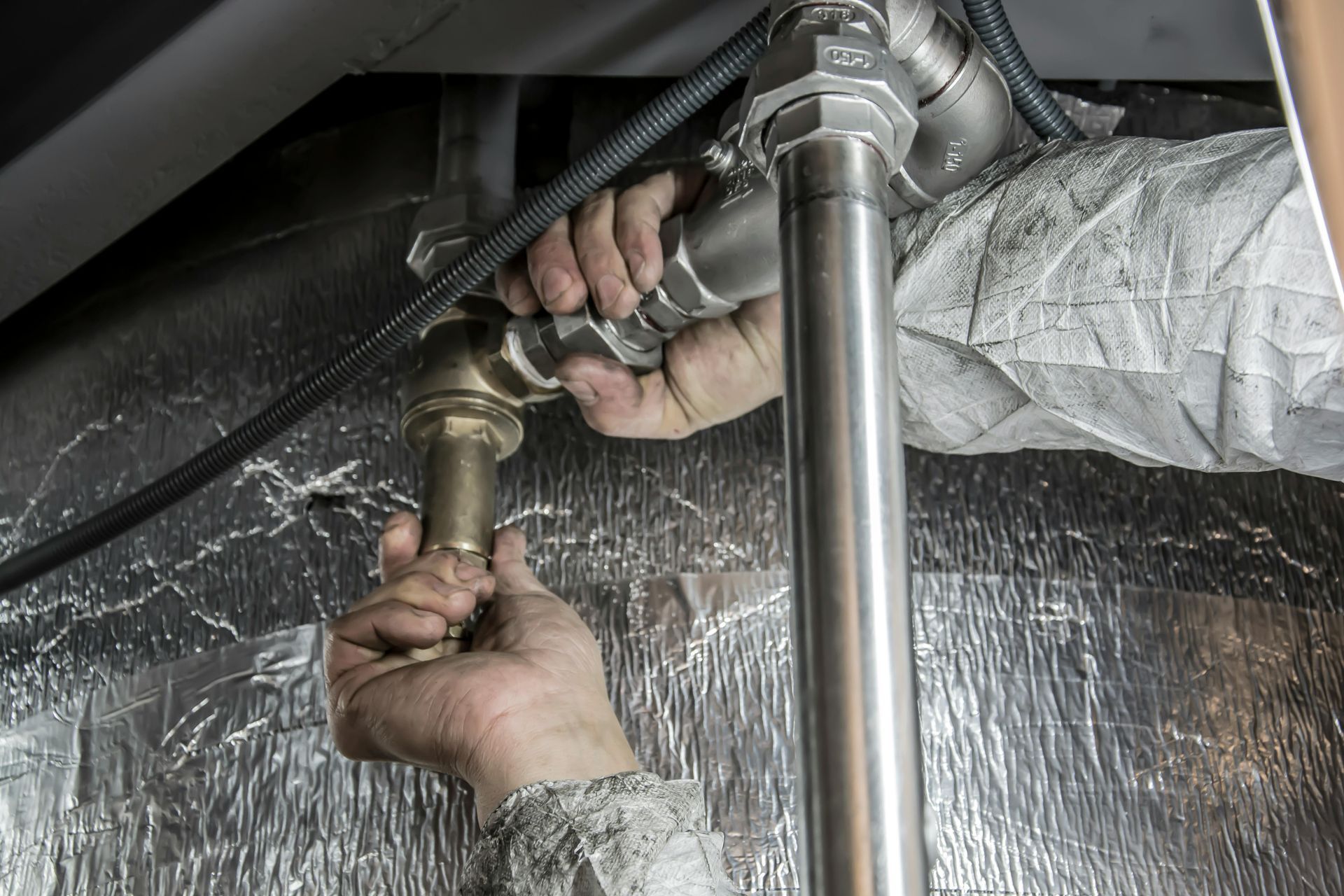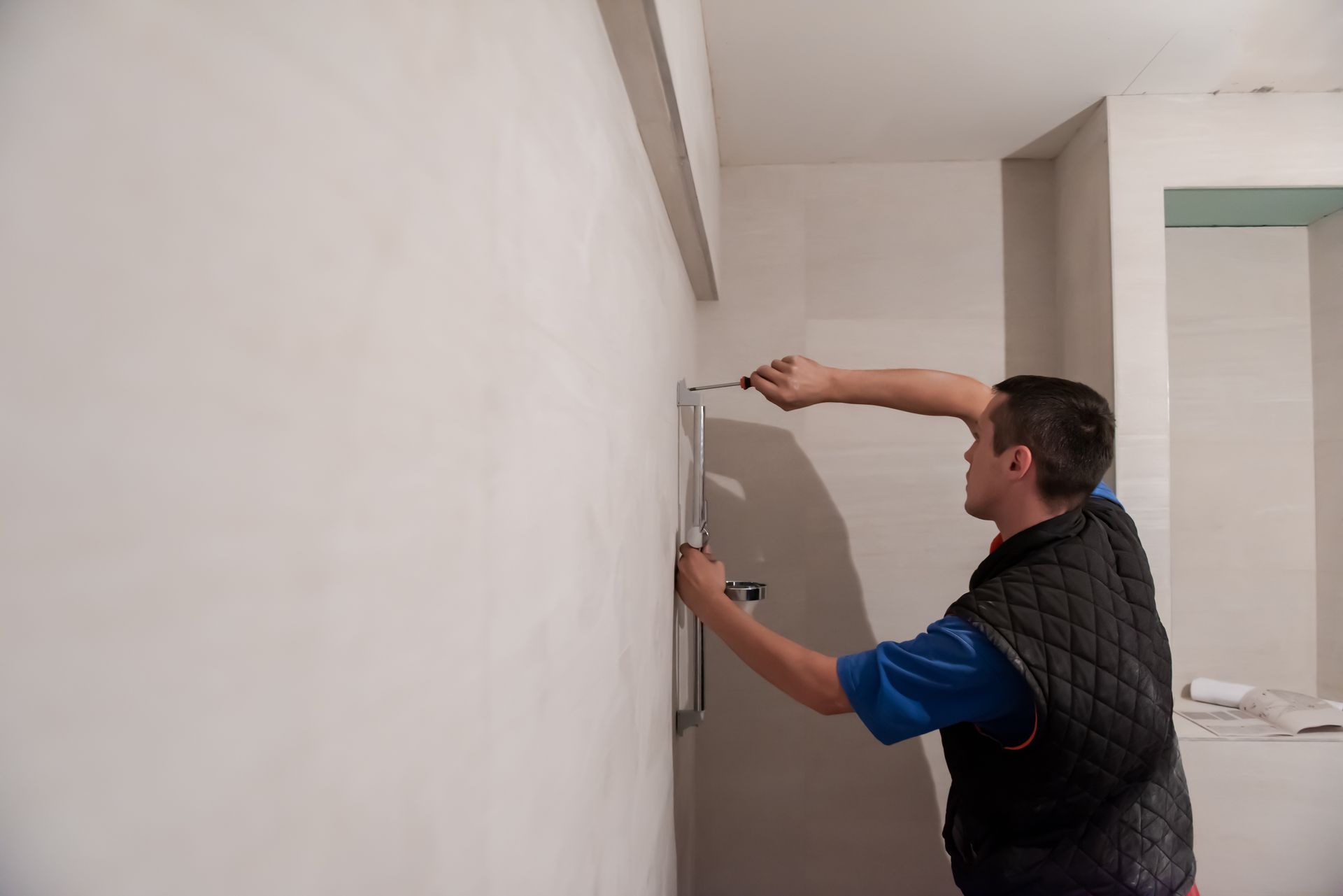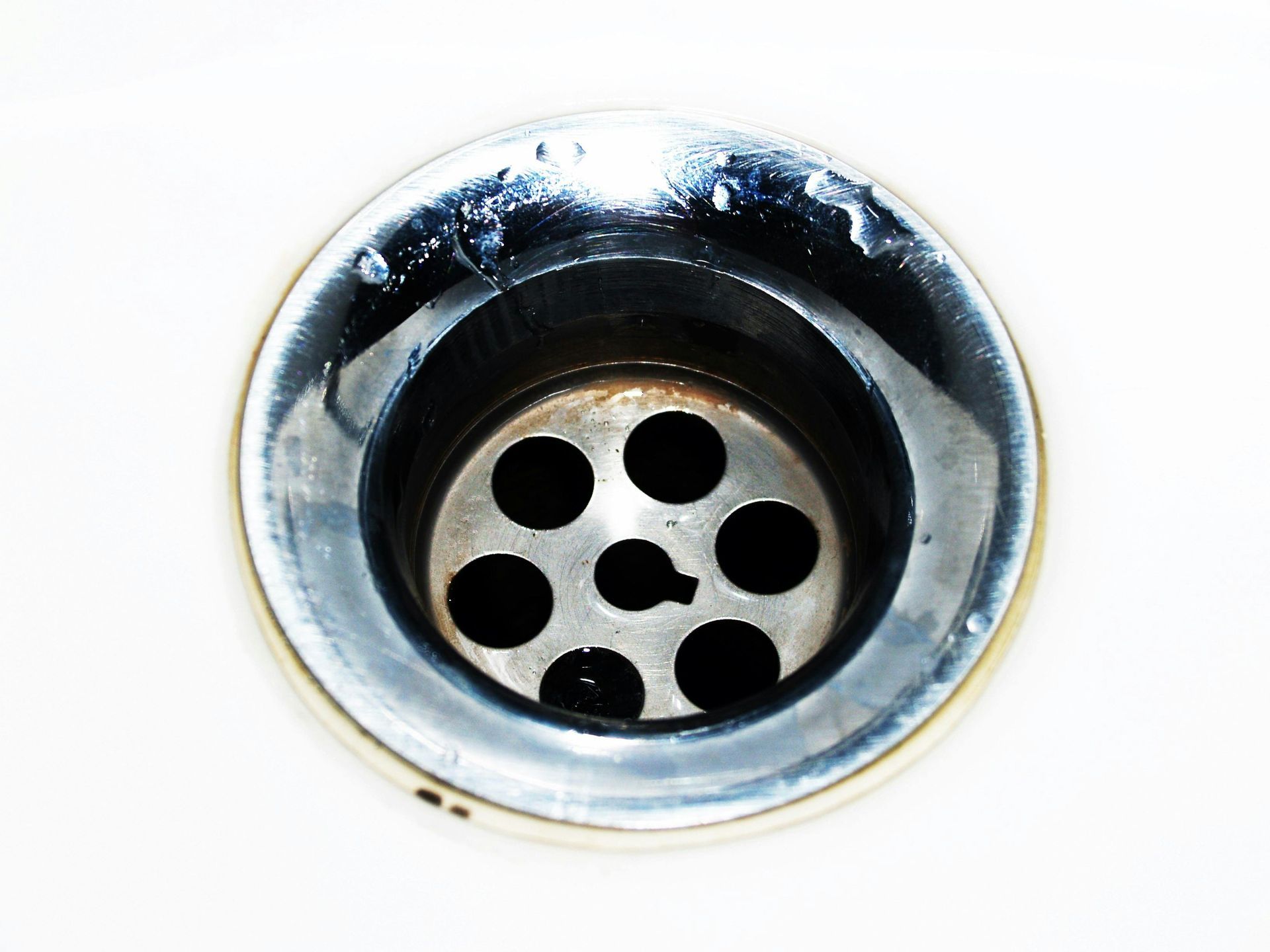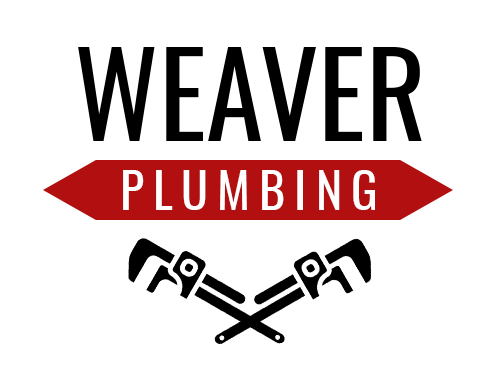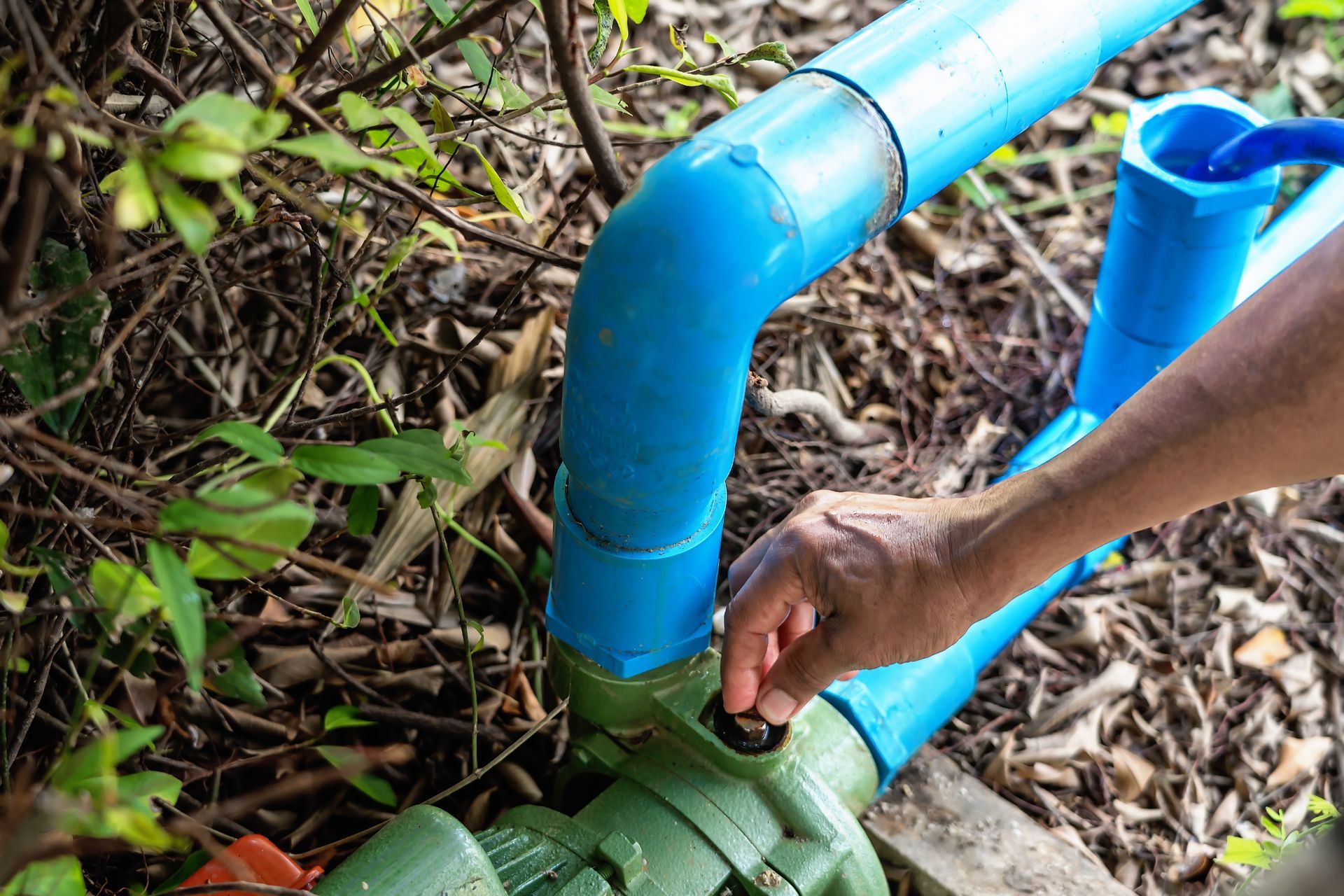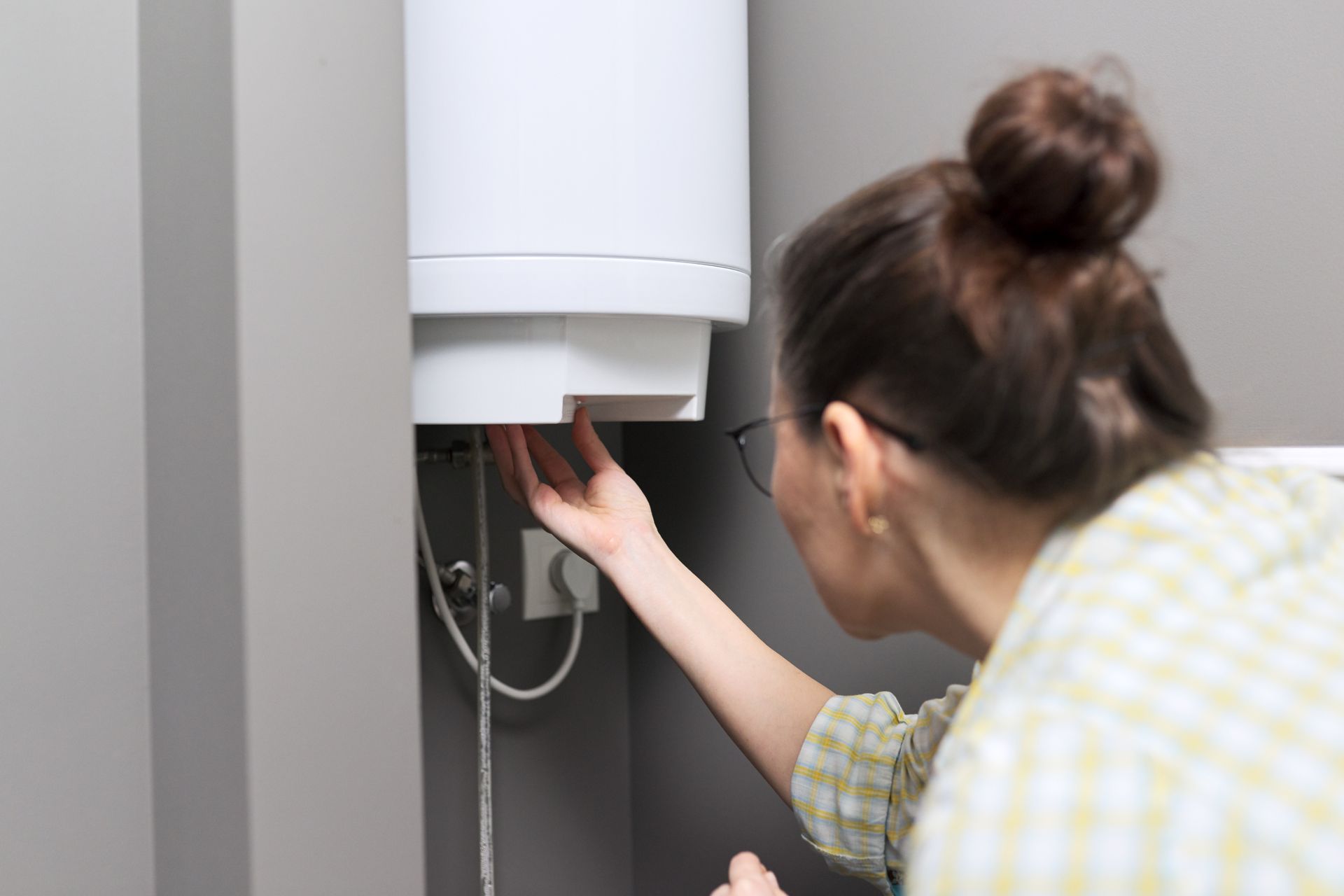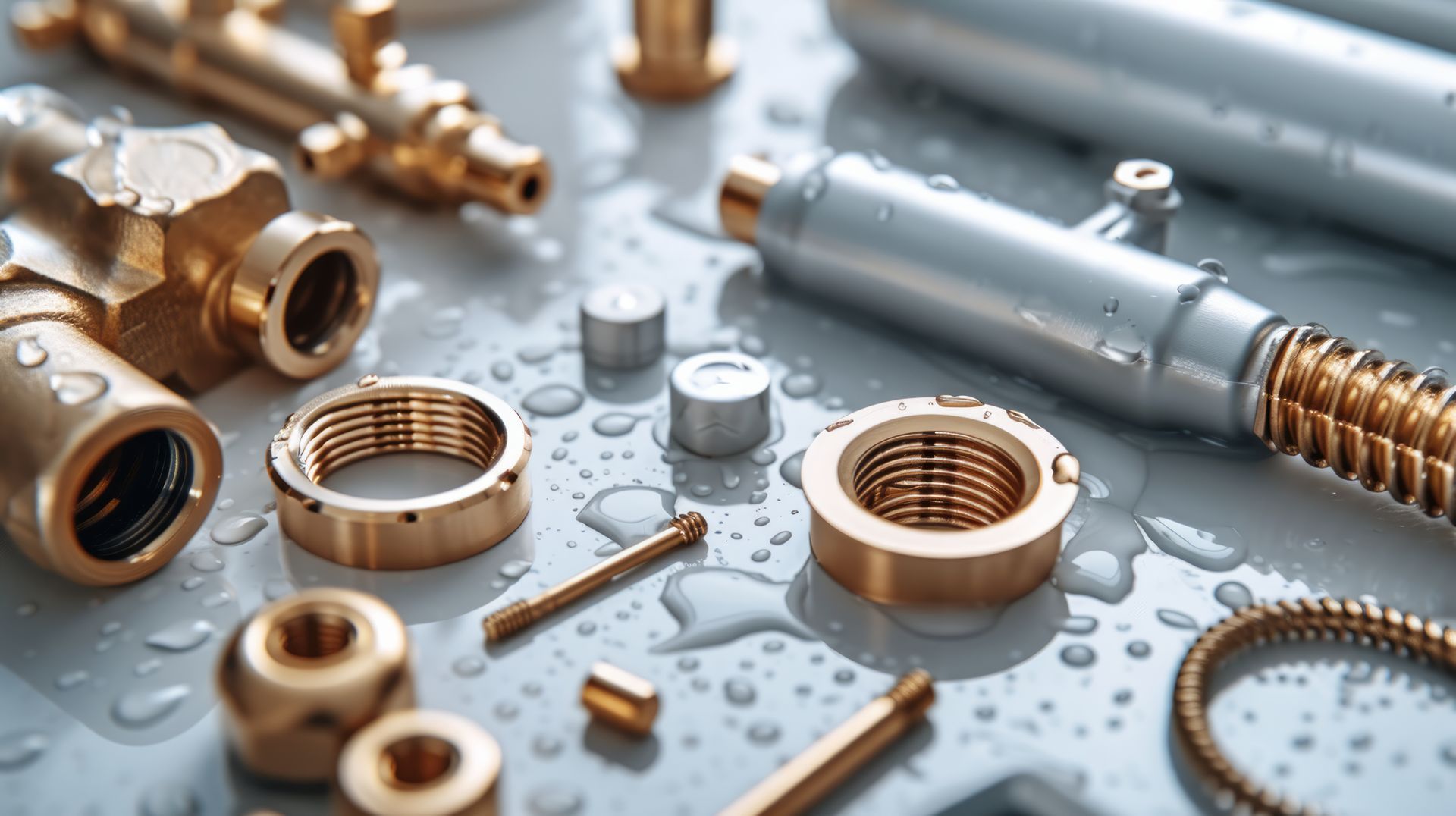Unclog Like a Pro: DIY Drain Cleaning Methods That Actually Work

Slide title
Write your caption hereButton
Are you tired of dealing with clogged drains? Whether it's a slow-draining sink or a completely blocked toilet, these issues can be frustrating and disruptive. Fortunately, you don't always need to call a professional plumber right away. With a few DIY techniques, you can tackle most common clogs on your own. In this blog post,
Weaver Plumbing in Calhoun, GA, will guide you through effective methods to unclog your drains like a pro. Keep reading to discover practical solutions that work and learn when it's time to call in the experts.
The Power of the Plunger
Types of Plungers
Not all plungers are created equal. To effectively unclog a drain, you need the right type of plunger. There are three main types:
- Cup Plunger: Ideal for sinks, tubs, and showers.
- Flange Plunger: Best for toilets.
- Accordion Plunger: Also for toilets but provides extra force.
How to Use a Plunger Correctly
- Seal the Drain: Ensure a good seal around the drain. For sinks, you may need to block overflow openings with a wet cloth.
- Plunge with Force: Apply steady pressure and then pull up sharply. Repeat this action until the clog is dislodged.
- Check Results: Test the drain to see if water flows freely. If not, repeat the process.
Plungers work by creating a vacuum that pushes and pulls the clog, breaking it up and allowing water to flow through. They are particularly effective for simple clogs caused by food particles, hair, or small objects. Remember to use the right plunger for the job and apply steady pressure for the best results.
Baking Soda and Vinegar: The Dynamic Duo
Why It Works
Baking soda and vinegar are household staples that, when combined, create a powerful chemical reaction capable of breaking down clogs. This method is effective for minor clogs and can help maintain clean pipes.
Steps to Follow
- Remove Standing Water: If possible, remove any standing water from the sink or tub.
- Pour Baking Soda: Dump about 1 cup of baking soda into the drain.
- Add Vinegar: Pour 1 cup of white vinegar into the drain and quickly cover it with a plug or cloth to contain the reaction.
- Wait: Let the mixture sit and fizz for about 15-30 minutes.
- Flush with Hot Water: Rinse the drain with hot water to clear away the loosened debris.
The reaction between baking soda and vinegar produces carbon dioxide, which helps break down and dislodge clogs. This method is safe for all types of pipes and is an environmentally friendly alternative to chemical drain cleaners. It can also help eliminate odors coming from your drains.
The Wire Hanger Hack
Simple Yet Effective
A wire hanger can be a surprisingly effective tool for dislodging clogs, especially those caused by hair or small objects. This method works best for bathroom sinks, tubs, and shower drains.
How to Use a Wire Hanger
- Straighten the Hanger: Unwind a wire hanger and straighten it out as much as possible. Curve one tip into a little hook shape.
- Insert into the Drain: Carefully push the hooked end into the drain and start fishing for the clog.
- Pull Out Debris: Once you catch the clog, slowly pull it out. Repeat until you no longer pull out debris.
- Flush the Drain: Run hot water to ensure the drain is clear.
Using a wire hanger allows you to manually remove debris that's causing the clog. Be gentle to avoid damaging the pipes. This method is especially useful for hair clogs, which are common in bathroom drains.
The Boiling Water Method
When to Use It
Boiling water is best for clearing minor clogs caused by grease or soap scum. It's a simple, yet effective method that can be used regularly to prevent buildup.
How to Perform the Boiling Water Method
- Boil Water: Heat a large pot of water until it's boiling.
- Pour Slowly: Carefully pour the boiling water directly into the drain in stages, allowing the hot water to work through the clog.
- Repeat if Necessary: You may need to repeat this process several times for stubborn clogs.
Boiling water helps dissolve grease and soap scum that can accumulate in kitchen and bathroom drains. This method is particularly effective for kitchen sinks where grease buildup is common. Be cautious when pouring the boiling water to avoid burns and damage to your sink.
The Plumber’s Snake: A Reliable Tool
What Is a Plumber’s Snake?
A plumber’s snake, also known as an auger, is a long, flexible tool used to reach deep into pipes to break up clogs. It's particularly effective for tough clogs that can't be dislodged by plunging or other methods.
How to Use a Plumber’s Snake
- Insert the Snake: Push the end of the snake into the drain and start turning the handle clockwise.
- Break Up the Clog: Keep pushing and turning the snake until you feel resistance. This indicates you've reached the clog.
- Retrieve the Snake: Pull the snake out slowly, along with any debris.
- Flush with Water: Run hot water to ensure the drain is completely clear.
Using a plumber's snake requires a bit more effort, but it's highly effective for stubborn clogs. The snake can reach deep into the pipes and break up or pull out the clog. If you're dealing with a persistent clog, a plumber's snake is often the best tool for the job.
When to Call Weaver Plumbing
While these DIY methods can handle most minor clogs, some situations require professional expertise. If you've tried these techniques and the clog persists, it might be time to call Weaver Plumbing. We specialize in handling tough clogs and ensuring your plumbing system runs smoothly. Contact us today at (770) 608-4815 to schedule a service appointment. Our team of experienced plumbers is ready to assist you with any plumbing issues you may face. From clogged drains to major plumbing repairs, Weaver Plumbing has you covered.
Our professionals have the tools and expertise to diagnose and fix even the most stubborn clogs. We use advanced techniques such as hydro-jetting, which uses high-pressure water to clear clogs and clean pipes thoroughly. When DIY methods fall short, trust Weaver Plumbing to get your plumbing back in working order quickly and efficiently.
And aside from
drain cleaning, we also service
water heaters,
softeners, and
filters.
FAQs
How often should I clean my drains to prevent clogs?
Regular maintenance can prevent most clogs. We recommend cleaning your drains once a month using natural methods like baking soda and vinegar. Additionally, avoid putting grease, coffee grounds, and hair down the drains.
Can chemical drain cleaners damage my pipes?
Yes, many chemical drain cleaners contain harsh ingredients that can damage your pipes over time, especially if used frequently. Using them can cause environmental damage. Natural methods are usually safer and just as effective for minor clogs.
What should I do if my toilet overflows?
If your toilet overflows, turn off the water supply valve located behind the toilet.See if you can break up the blockage using a plunger. If that doesn't work, contact a professional plumber to avoid further damage.
Why is my sink draining slowly even after using a plunger?
If your sink drains slowly despite using a plunger, there may be a deeper blockage or buildup of grease and soap scum. In such cases, a plumber’s snake or professional hydro-jetting service might be necessary.
How can I prevent hair from clogging my bathroom drains?
Using a drain cover or hair catcher can significantly reduce the amount of hair that goes down the drain. Regularly clean the cover to maintain optimal water flow.
